China-Japan eldercare event highlights collaboration, innovation
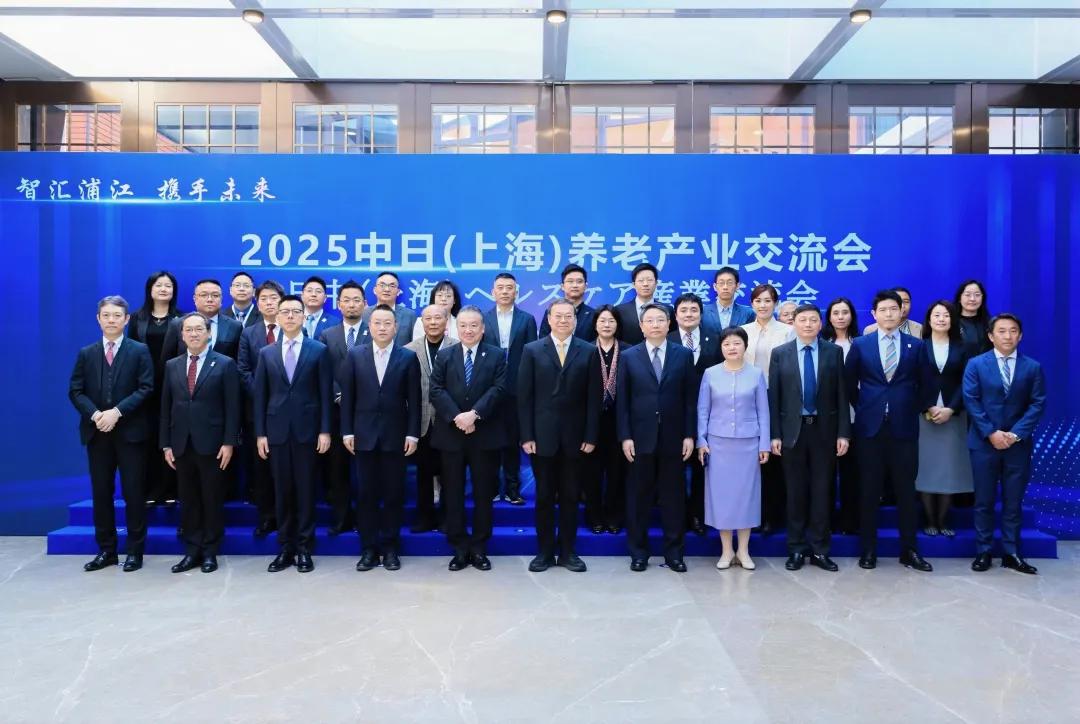
The future of elderly care in societies with an ever-increasing aging population — along with the logistical and attendant challenges it entails — was addressed at a recent international conference held in Shanghai.
Over 150 representatives from the government, businesses, universities and media sector from China and Japan gathered in Shanghai on March 21 for the 2025 China-Japan (Shanghai) Elderly Care Industry Exchange.
Hosted at the Grand Neobay in the city's Minhang district, the event focused on boosting collaboration and sharing knowledge to address the shared challenges of the aging population — with a particular emphasis on technological advancements and cultural exchanges.
Chen Jing, president of the Shanghai People's Association for Friendship with Foreign Countries, emphasized Shanghai's commitment to fostering a thriving elderly care industry.
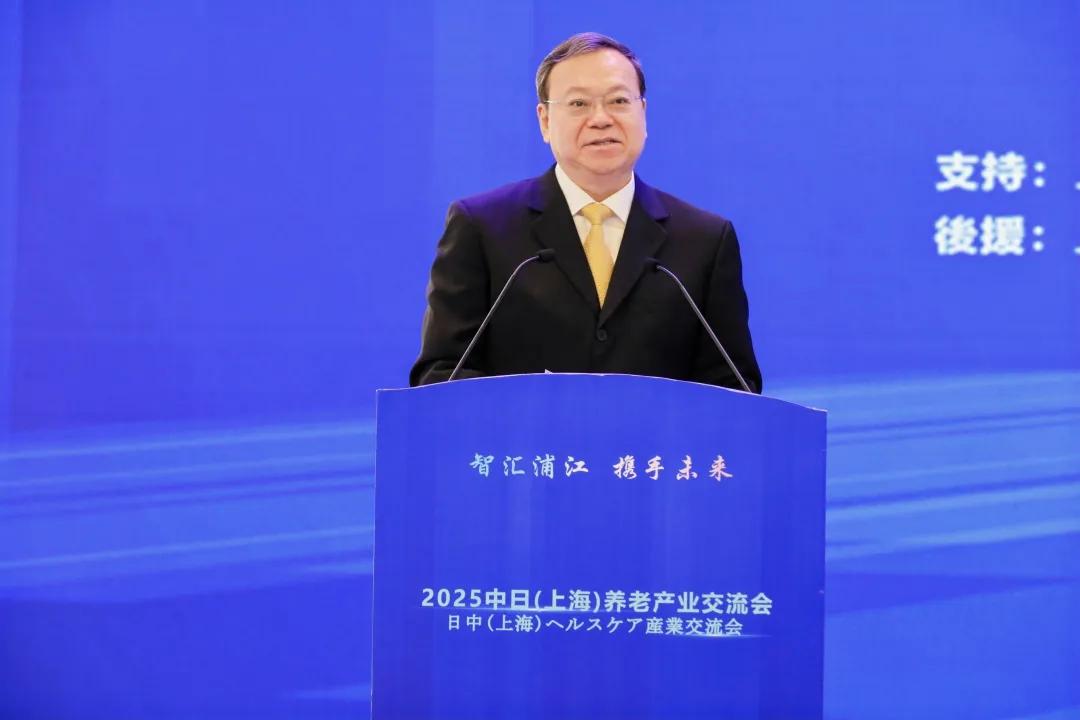
Chen highlighted the city's efforts to integrate elderly care with healthcare and technology and called for further collaboration with Japan, a country with significant expertise in the field.
"Japan has rich experience in health and elderly care,” he said.
"We look forward to further strengthening exchanges and cooperation to jointly explore new models for technology-driven health and elderly care industry development and promote win-win development," Chen added.
Okada Masaru, Japan’s consul general in Shanghai, also emphasized the shared challenges and the opportunities for collaboration.

"Addressing an aging society is a common challenge facing both China and Japan and it is also an area with great potential for cooperation," he said. "I sincerely hope that the exchange can serve as an opportunity to leverage each other's strengths and advance our future cooperation," he added.
The event featured keynote speeches on various aspects of the elderly care industry, including a presentation from Wang Guanbao, chairman of the Standing Committee of the Minhang District People's Congress, who outlined Minhang's initiatives to address its aging population.
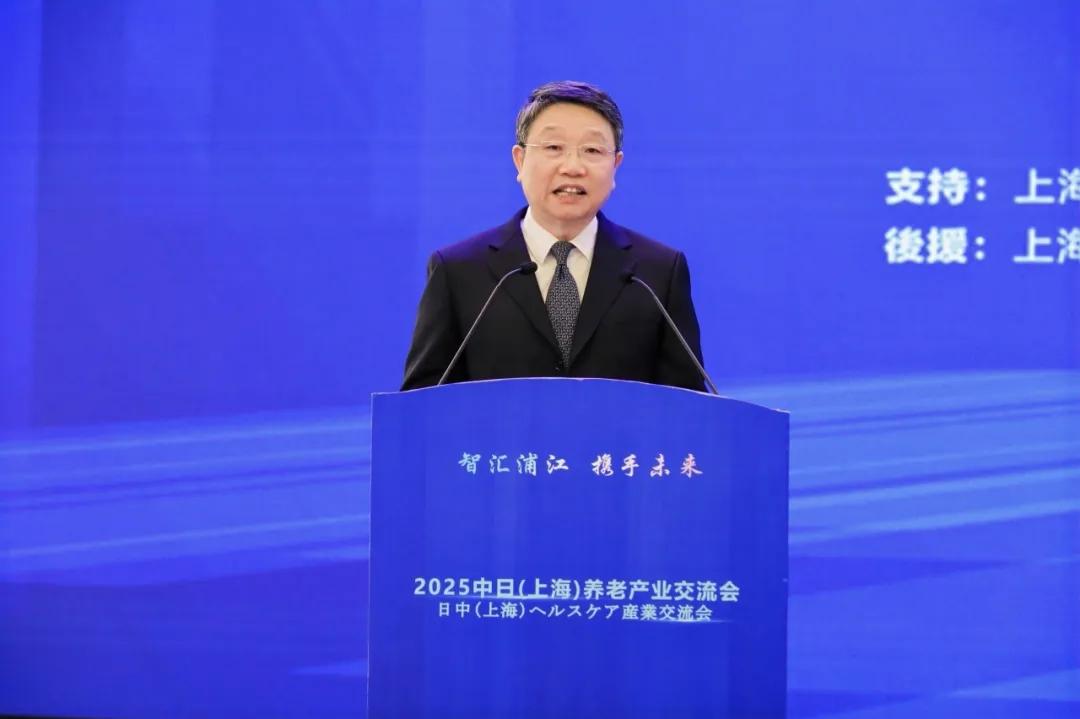
Experts said the approach to the question was changing. "We are currently experiencing a shift in the needs of our elderly population," said Cao Hongming from the Shanghai Municipal Commission of Science and Technology.
"While initially focused on basic survival, the demand is now shifting towards personalized, diversified, and high-quality services," he added.
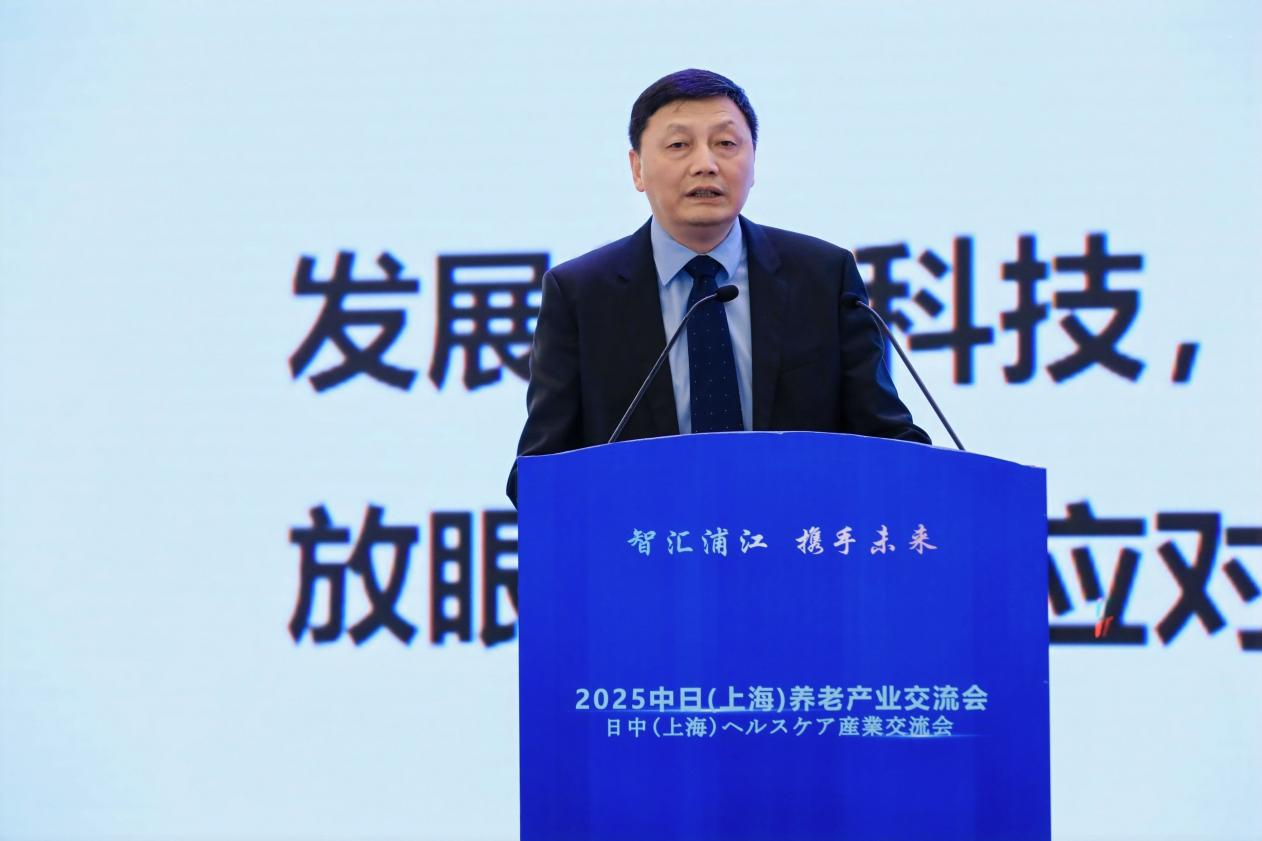
Zhu Jianjiang, president of the Shanghai Association of Gerontology, highlighted the importance of a shift from "elderly care" to a more holistic "silver economy" that addressed the needs of both the elderly and the pre-elderly population.
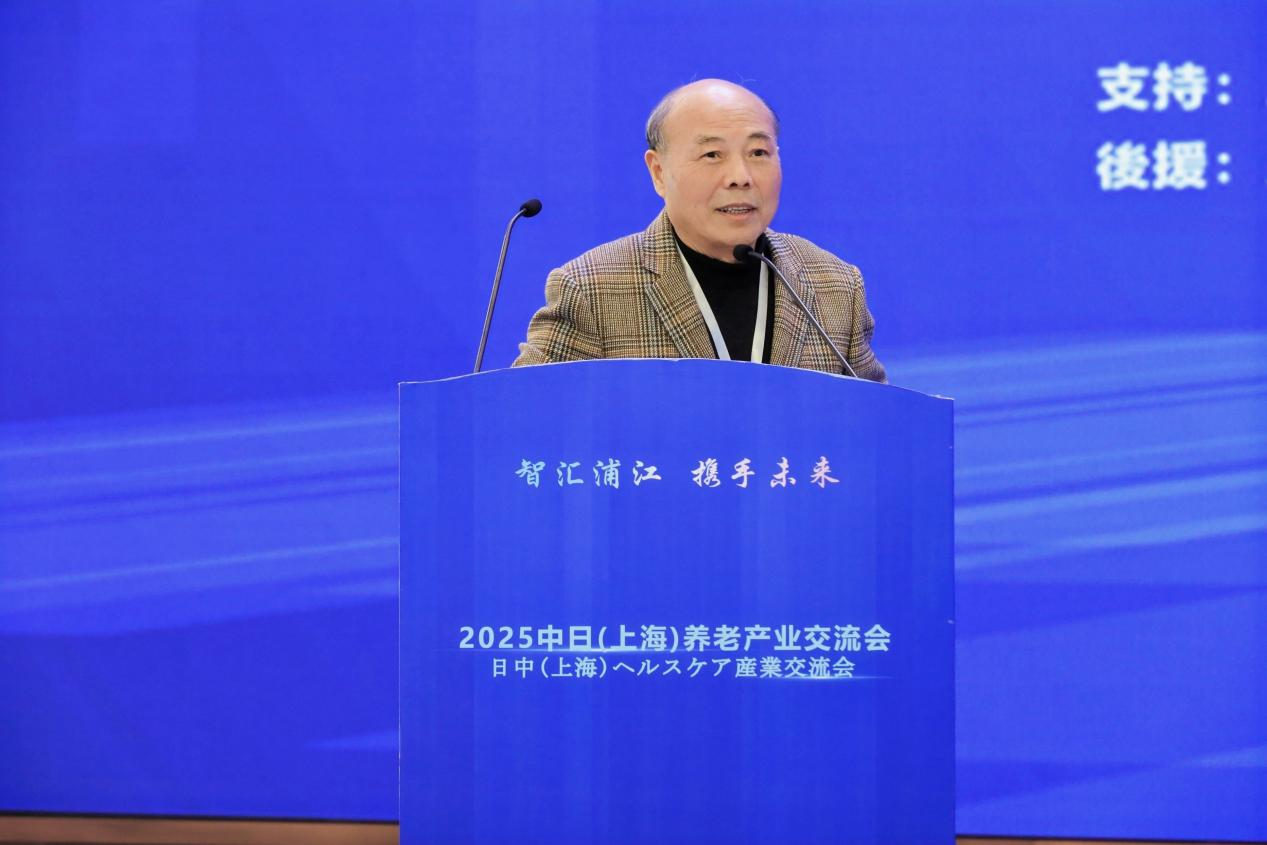
He also highlighted the importance of recognizing the "13 major profit-generating sectors within the silver economy" – including long-term care, cultural and recreational activities and social security services.
The exchange included dedicated sessions where representatives from 14 eldercare companies from Japan and China shared their insights on technological innovation and smart elderly care, digital empowerment and the development of an industrial ecosystem and the silver economy.
Panel discussions focused on community practices and applications scenarios, with participants recognizing the importance of cultural exchanges alongside technological and services collaboration.
They emphasized that the integration of diverse cultures and perspectives would foster mutual understanding and contribute to the advanced development of the elderly care industry.
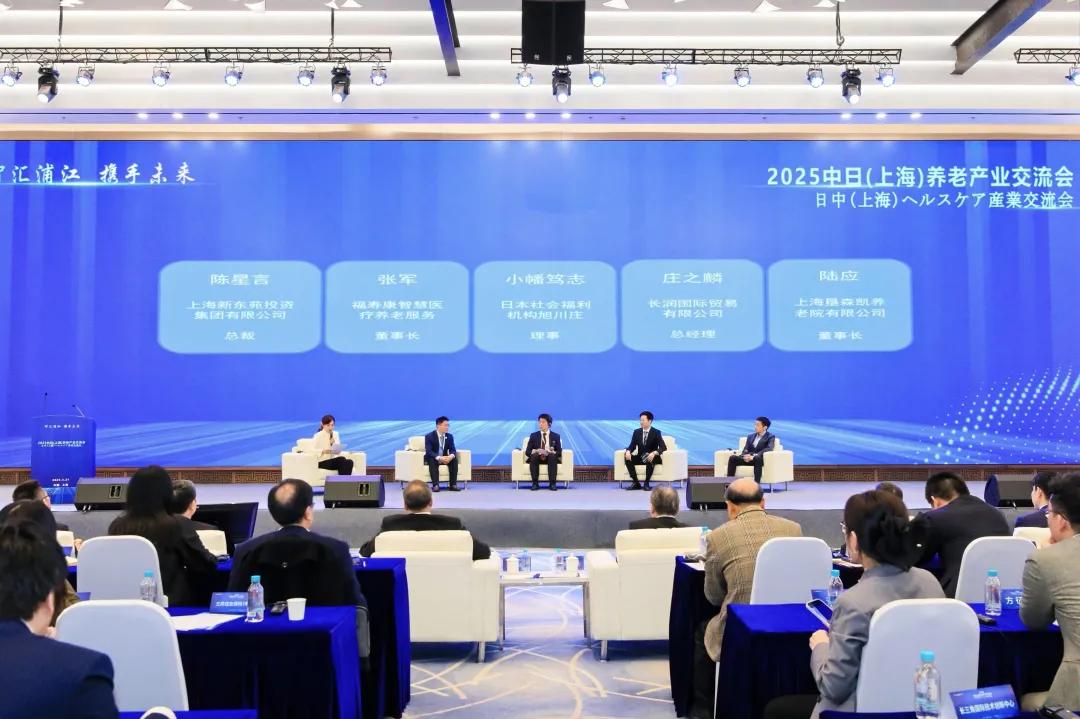
The event was followed by visits by attendees to NEY International's Evergreen Homeland – a high-quality health and elderly care community – and the Shanghai New Hongqiao International Medical Center in Minhang district.
It's projected that Shanghai, one of the first cities in China to enter an aging society, will have 40 percent of its registered resident population aged 60 and above by the year 2025.
Recognizing the growing need for elderly care technology, Shanghai has outlined its plans to establish a Shanghai Elderly Care Technology Industrial Park within the Grand Neobay Sci-tech Innovation Zone.
The initiative aims to stimulate industrial clustering and accelerate the growth of companies through innovation, research and industry support.